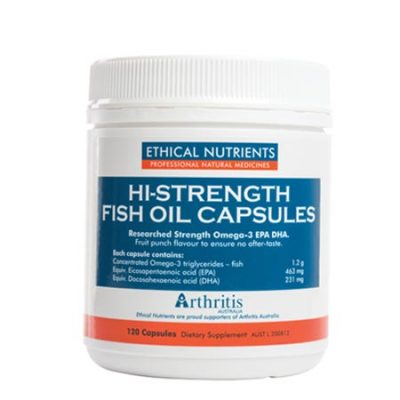Herbs of Gold Eczema Aid (60 tablets)
$44.95
Out of stock
Mild eczema relief & skin support
Eczema Aid is a comprehensive formula formulated using traditional herbs and nutrients for the relief of mild eczema and the maintenance of healthy skin. Eczema Aid may help:
Relieve mild eczema & dermatitis.
Reduce inflammatory & allergic responses.
Support healthy skin.
Description + Tips for coping with Eczema
Why choose Eczema Aid?
Chronic inflammation can be expressed in many ways, long term pain, swelling and skin rashes are all examples of chronic inflammation. Many people do not realise that Eczema is actually your body’s way of expressing inflammation. Eczema comes in all shapes, sizes and colours. The type that is typical of an inflammatory presentation is red and itchy, it can have blisters and be hot to touch. This is the type of eczema that may respond best to supplementation with Eczema Aid.
At Happy Healthy Women we realise it is difficult to understand the frustration, embarrassment and sheer annoyance of eczema and dermatitis unless you have suffered from it. The itch can be incredible, its appearance can be embarrassing and the pain can be excruciating and debilitating. Eczema Aid may help to reduce the itch, pain and swelling.
Helpful tips for coping with Eczema:
- MOISTURISE: Eczema loves nothing more than dry skin. Find a moisturiser that is fragrance free that works for your skin. It may involve a lot of trial and error before you find the one that works for you, but it will be a godsend.
- When the itch is so intense that scratching it feels like the best sensation in the whole world, ICE IT. That intense itch relates to an inflammation ‘attack’, ice helps to reduce the body’s ability to inflame the area. Try not to wet the area too much, ice packs and a thin tea towel are your best option. Avoiding these attacks helps to allow the skin to heal.
- Use low irritant body washes, soaps, laundry detergent and sunscreen. Read labels. Some of the most well marketed products for sensitive skin actually contain parabens, phthalates and mineral oil, all of which will more than likely irritate your skin further.
- Avoid super hot, long showers. As much as you might love them, they will irritate your skin.
- Drink enough filtered water, for most people this is at least 2L per day.
- Work out if there is anything you eat that causes your skin to react and avoid this food.
- Eat an anti-inflammatory diet. More information here.
- Try to reduce your stress levels.
Ingredients
Each tablet contains: herbal extracts
equiv. to dry Scutellaria baicalensis (Baical scullcap) root 2g
Glycyrrhiza glabra (Licorice) root 1g
Echinacea purpurea (Echinacea) whole plant 750mg
and nutrients
Ascorbic acid 250mg
Zinc (as citrate dihydrate) 10mg
Does not contain added egg, milk, peanut, tree nut or animal products, yeast, gluten, lactose, artificial colourings, flavourings or preservatives.
Directions
As Adults and children over 12 years – Take 1 tablet, twice daily, with food.
Children 6-12 years – Take 1 tablet daily, with food. Or take as directed by your healthcare practitioner.
WARNINGS
• Contains zinc which may be dangerous if taken in large amounts or for a long period.
• Vitamin supplements should not replace a balanced diet.
• If symptoms persist consult your healthcare practitioner.



